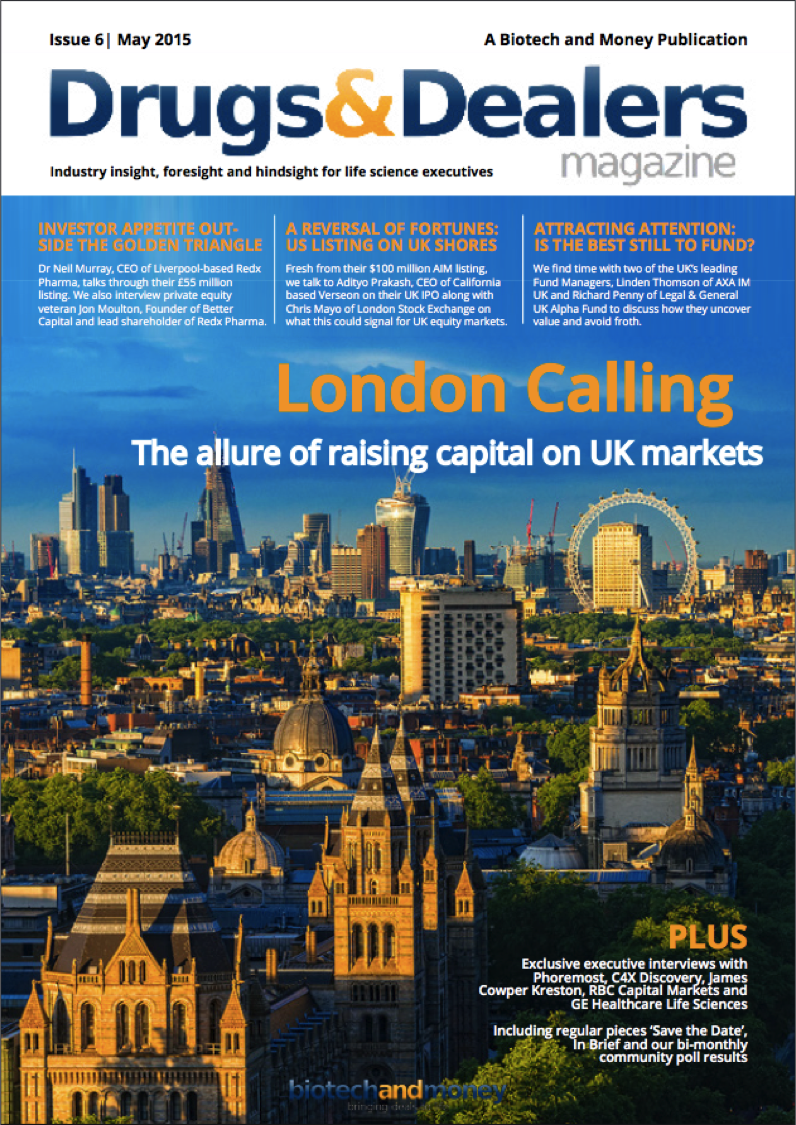How to achieve a successful life science exit
Quality sites
- Online Casinos UK
- Casino Non Aams
- Casinos Not On Gamstop
- UK Casinos Not On Gamstop
- Best UK Casinos Not On Gamstop
- Casino Sites Not On Gamstop
- Meilleur Casino En Ligne Live
- Casino Sites Not On Gamstop
- Casino Sites Not On Gamstop
- Non Gamstop Casino Sites UK
- Non Gamstop Casinos
- Best Online Casino Canada
- Casino Sites Not On Gamstop
- Non Gamstop Casino UK
- UK Online Casinos Not On Gamstop
- Best Slot Sites 2025
- Casinos Not On Gamstop
- Meilleur Casino En Ligne
- Non Gamstop Casinos
- Slots Not On Gamstop
- Non Gamstop Casino
- New Online Casinos Not Registered With Gamstop
- Casino Non Aams Sicuri
- Casino Sites UK Not On Gamstop
- Casino Non Aams Italia
- Bitcoin Casino
- Meilleur Site Casino En Ligne Belgique
- Casino App
- Migliori Siti Scommesse Non Aams
- Meilleur Casino En Ligne De France
- Plinko Game Avis
- Meilleur Site De Paris Sportifs
- Nouveau Jeu Casino En Ligne
- No Kyc Online Casino
- Casino Italia Non Aams
- Meilleur Casino En Ligne 2026
What follows is the final summary from the 22 April Biotechs and the City evening event, in which over 80 executives from across London, Cambridge and Oxford attended the ‘From idea to IPO’ panel and networking event.
Panelists:
- Maina Bhaman, Director of Healthcare Investments, Imperial Innovations
- Ajan Reginald, CEO, Cell Therapy Ltd.
- Asaf Homossany, Managing Director, EMEA, Nasdaq
- David Gough, Executive Director, Biomedical and Healthcare, NetScientific
- Dr Alastair Riddell, Chairman, Silence Therapeutics and Chairman, DifiniGEN
- Cailin McGurk, Executive Director, Healthcare Investment Banking, JP Morgan
Invest the Time
Alastair, a veteran of several trade sales and IPOs, highlighted they don’t happen just by talking to investors overnight. You have to see them many times, and put in many months of hard graft. If you’re trying to sell your company, then you have to keep going and talking to that company many times and even better establish a research collaboration with them and find out how good they really are.
Ajan said his record when he was at Roche was a deal in 21 days, but that was highly unusual. The average was around 6 ½ months for pharma.
Keep in mind incentives
Ajan mused that pharma people work on bonuses which go year to year, and that there’s no point in talking to a pharma company in September because you’re not going to get a deal with them by December!
Competition is a driving force
It’s important to be speaking to multiple potential buyers. Ajan quipped, ‘Why do deals get done? Because if you don’t do a deal someone else will win it’ This fear that your competitor will beat you is a driving force in deal making.
IPO vs Trade Sale
Because of public market valuations, a lot of companies are now thinking they can either sell themselves today for x or they can go public for maybe a little bit less than x but if they achieved a certain milestone within the next 12 months they’ll be at 1 ½ x or 2 x and have a big balance sheet and a better negotiating position for a sale.
It may be advisable therefore to have dual track processes where you work to have an M&A bid on the table, but still be able to pursue the capital markets through it.
Bear in mind pharma’s attitude to risk
Pharma companies are tending to do deals earlier, where they are cheaper and can be more risky.
However, JP Morgan’s Cailin McGurk feels that the reason that they’re interested is not necessarily because the risk appetite is greater. She notes that we’ve seen enough development in a lot of areas to have quite good proof of concept quite early on and that fundamentally most pharmas will still be looking for really robust data that they believe will translate into good clinical data.
It is the emergence of this development that is driving the willingness of pharma to do deals rather than a fundamental shift and the increase of investors to take on more risk.
If you want to attend our next scheduled Biotechs and the City event on 1st July, from 6pm - 10pm click below.





Leave a comment